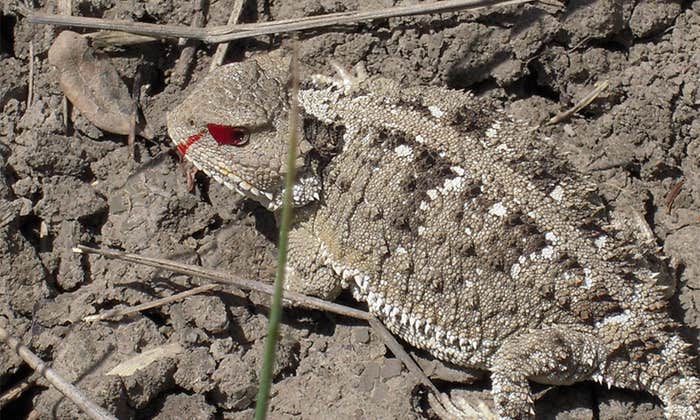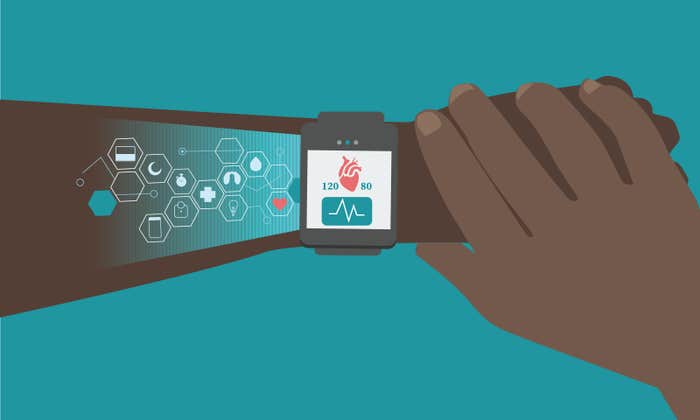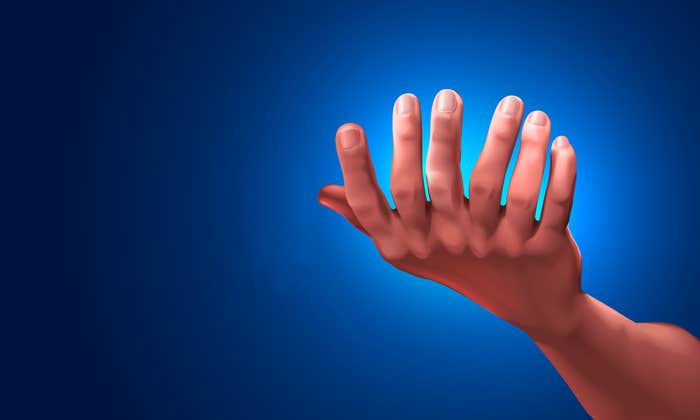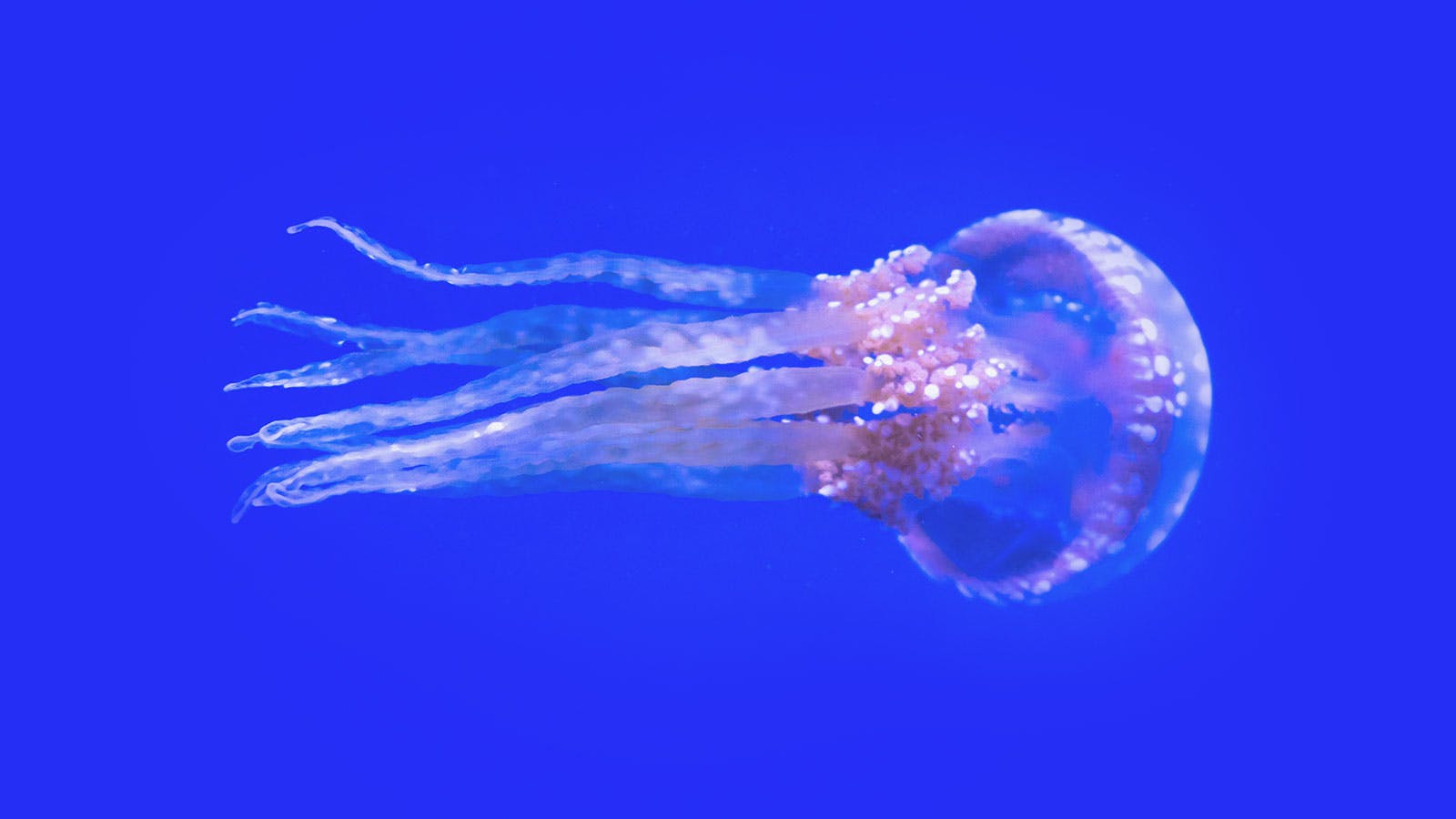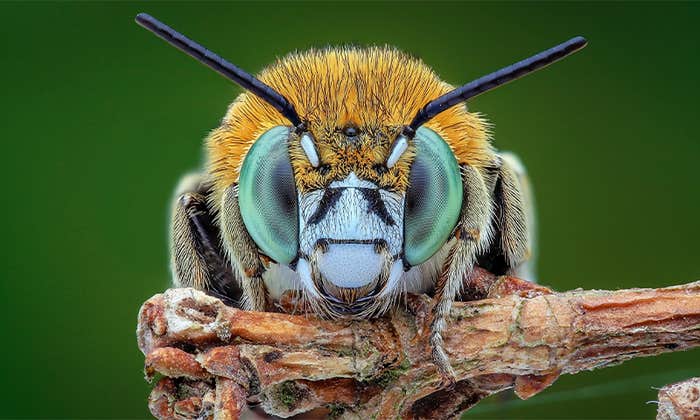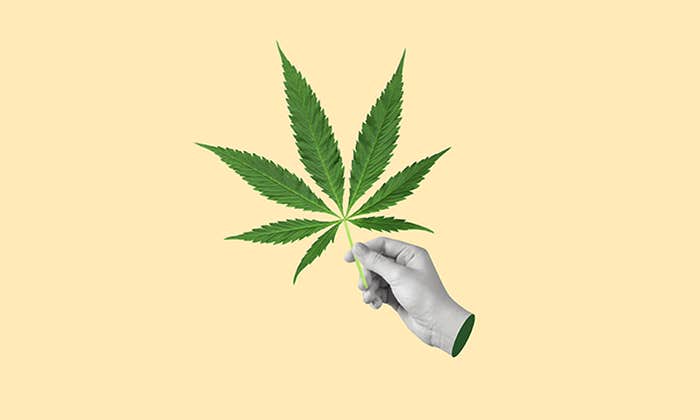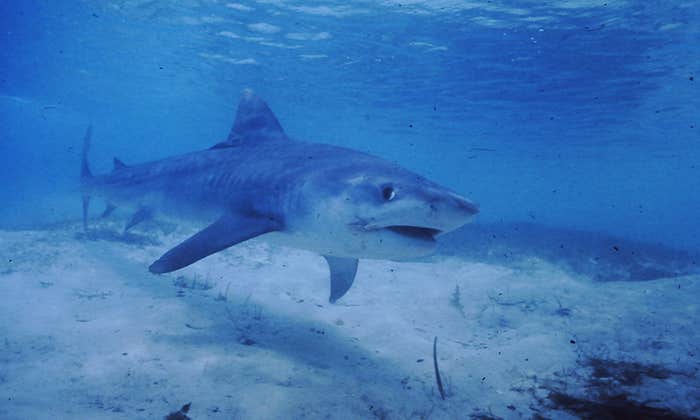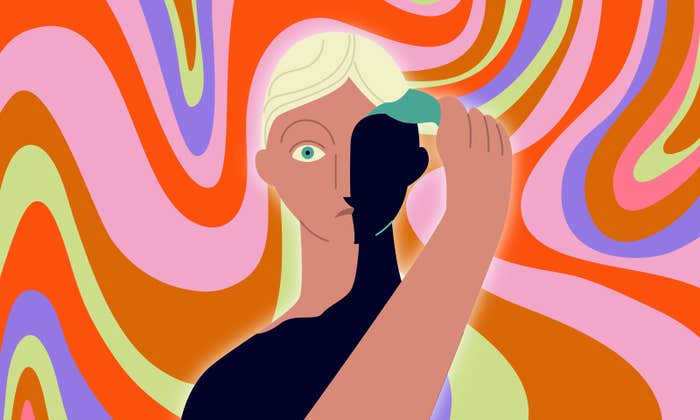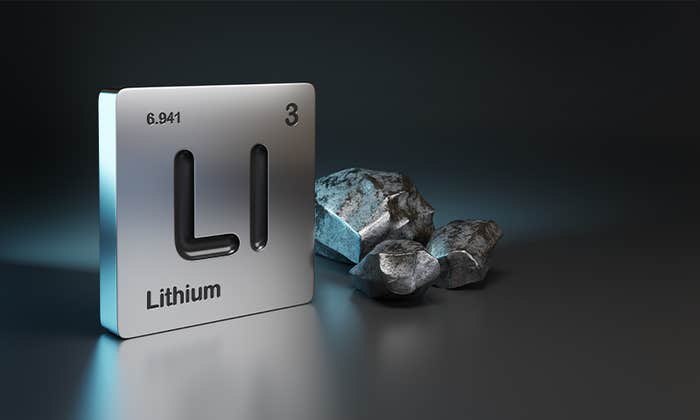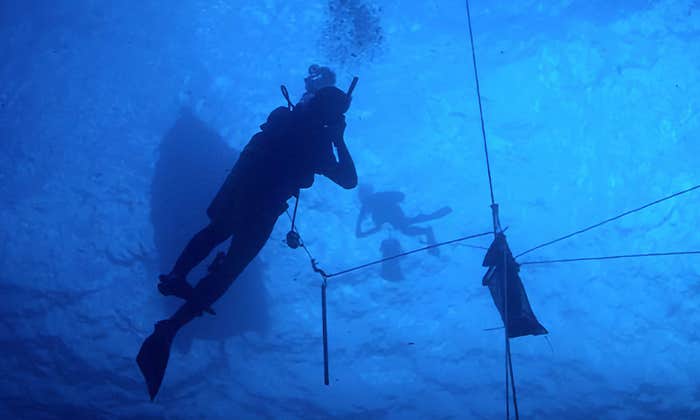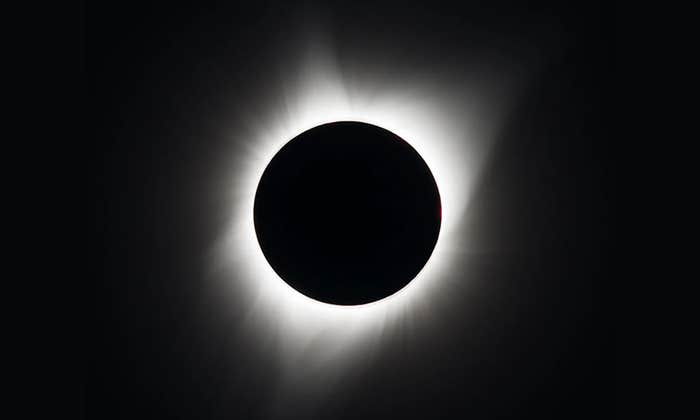-
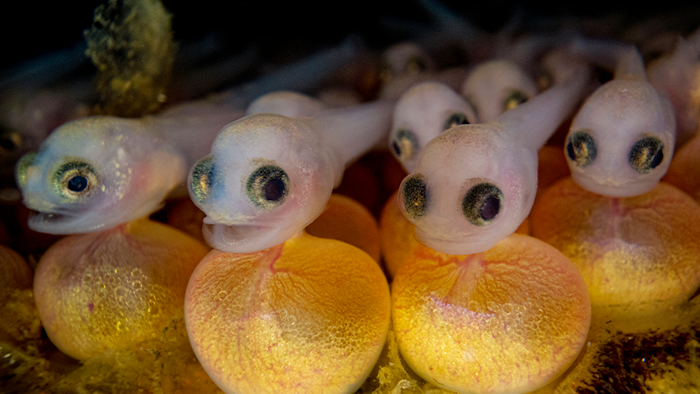
The Curious Life of a Singing Fish
Plainfin midshipman fish migrate from the deep sea to spawn—and then things get weird.
-

Consciousness, Creativity, and Godlike AI
American writer Meghan O’Gieblyn on when the mind is alive.
-

The Soviet Rebel of Music
He composed on a computer in a dangerous time. His echo is still heard today.
-
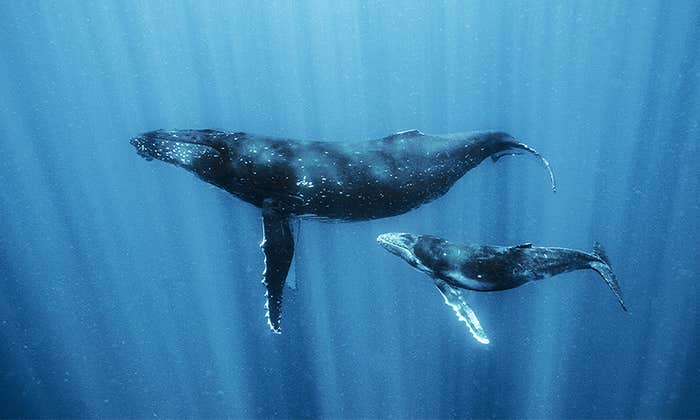
How Whales Could Help Us Speak to Aliens
Learning to decode complex communication on Earth may give us a leg up if intelligent life from space makes contact.
The Porthole
Short sharp looks at science
-
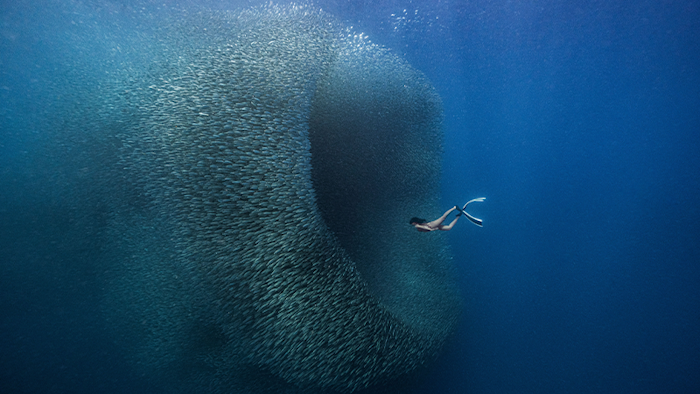
Sardines Are Feeling the Squeeze
Climate change and overfishing are decimating sardines in the Philippines.
-

I Never Stopped Learning from Daniel Dennett
Reflections on a philosopher who believed we can solve the problem of consciousness.
Get the best of Nautilus. Become a member today.
Join now-

The Marvelous Seamounts of the Southeast Pacific
An expedition to a little-explored region returns with deep-sea wonders.
-

The Ocean Apocalypse Is Upon Us, Maybe
What we know—and don’t know—about a crucial climate tipping point.
-

The Invasive Species
When it comes to tinkering with nature, our résumé is a list of breathtaking mistakes.
-

He Closed the Gap Between Humans and Apes
Frans de Waal saw animal behavior with fresh eyes and forever enriched our understanding of primates.
-
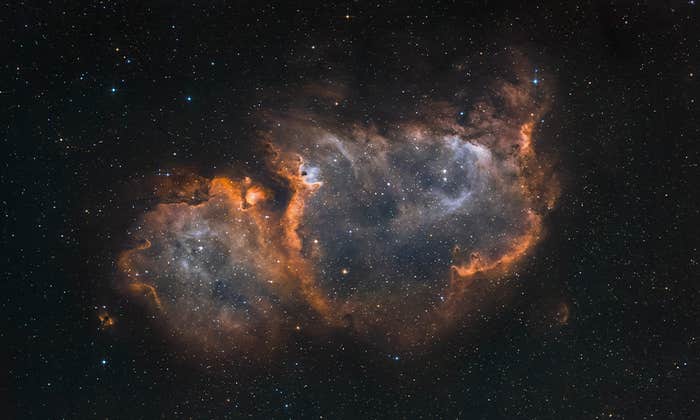
The End of the Dark Universe?
A new “post-quantum” theory of gravity says we can wave dark matter and dark energy goodbye.
-

Does Science Fiction Shape the Future?
Conversations with visionary science fiction authors on the social impact of their work.
-
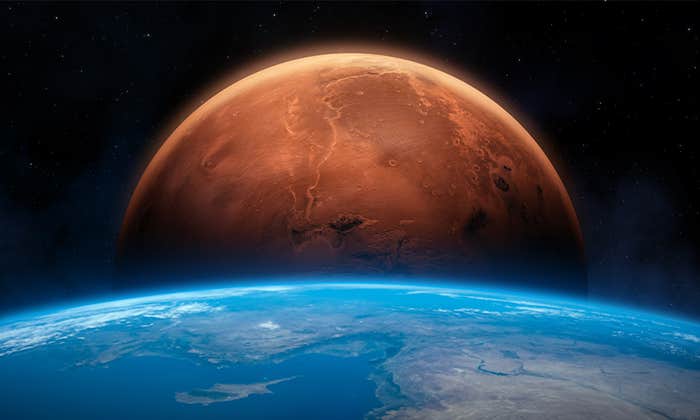
Do Our Oceans Feel the Tug of Mars?
Ancient currents seemed to move in concert with a 2.4 million-year dance between the Red Planet and Earth.
-
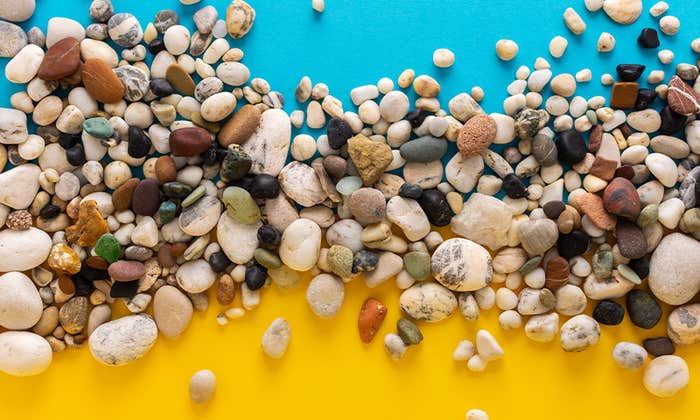
Let’s Get Granular
Scientists have long puzzled over the behavior of mixed particles in rivers and landslides. New clues could be groundbreaking.
-
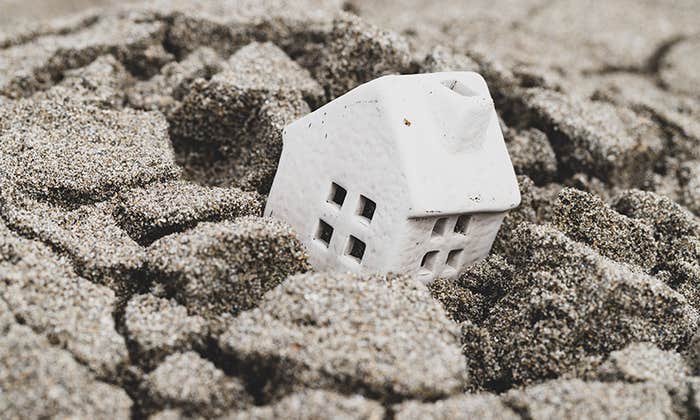
When Calamity Comes at a Crawl
Climate change may exacerbate the quiet catastrophe of slow-moving landslides.
-
Insects and Other Animals May Have Consciousness
A new consensus emerges. -
Making Light of Gravity
Physicist Claudia de Rham on her 3 greatest revelations while writing The Beauty of Falling: A Life in Pursuit of Gravity. -
The Age of Rebellion
The surprising relationship between age and success in rebellions. -
The Feminist Botanist
A 19th-century tale of hermaphrodite flowers, Charles Darwin, and women’s right to vote. -
The Psychology of Getting High—a Lot
Time to extinguish the slacker cliche. -
The Shark Whisperer
Donald Nelson spent his life undoing the damage that Jaws did to the perception of sharks. -
Nine Rebel Astronomy Theories That Went Dark
Bright ideas from astronomy’s biggest stars haven’t always worked out. -
The Part-Time Climate Scientist
A humble steam engineer put humans in the driver’s seat. -
The Bad Trip Detective
The researcher delving into the downsides of psychedelic drugs. -
A Revolution in Time
Why clocks need to follow the tempo of nature. -
Lithium, the Elemental Rebel
What a missing element can teach us about the universe. -
The Marine Biologist Who Dove Right In
He changed the study of ocean life by getting in the water. -
The Rebel Issue
How we change the world. -
Viva la Library!
Rebel against The Algorithm. Get a library card. -
The Prizefighters
If you want to know what it takes to succeed in science, head to the Nobel Prize ceremony. -
The Bacteria That Revolutionized the World
How cyanobacteria killed one climate and created our habitable Earth. -
Can Chatbots Hold Meaningful Conversations?
Training AI to read novels might help. -
What a Bronze Age Skeleton Reveals About Cavities
Here’s a hint: He didn’t eat processed foods and sugar. -
Archaeology at the Bottom of the Sea
David Gibbins on his 3 greatest revelations while writing A History of the World in Twelve Shipwrecks. -
How a Total Eclipse Alters Your Psyche
The importance of feeling small and insignificant.

































